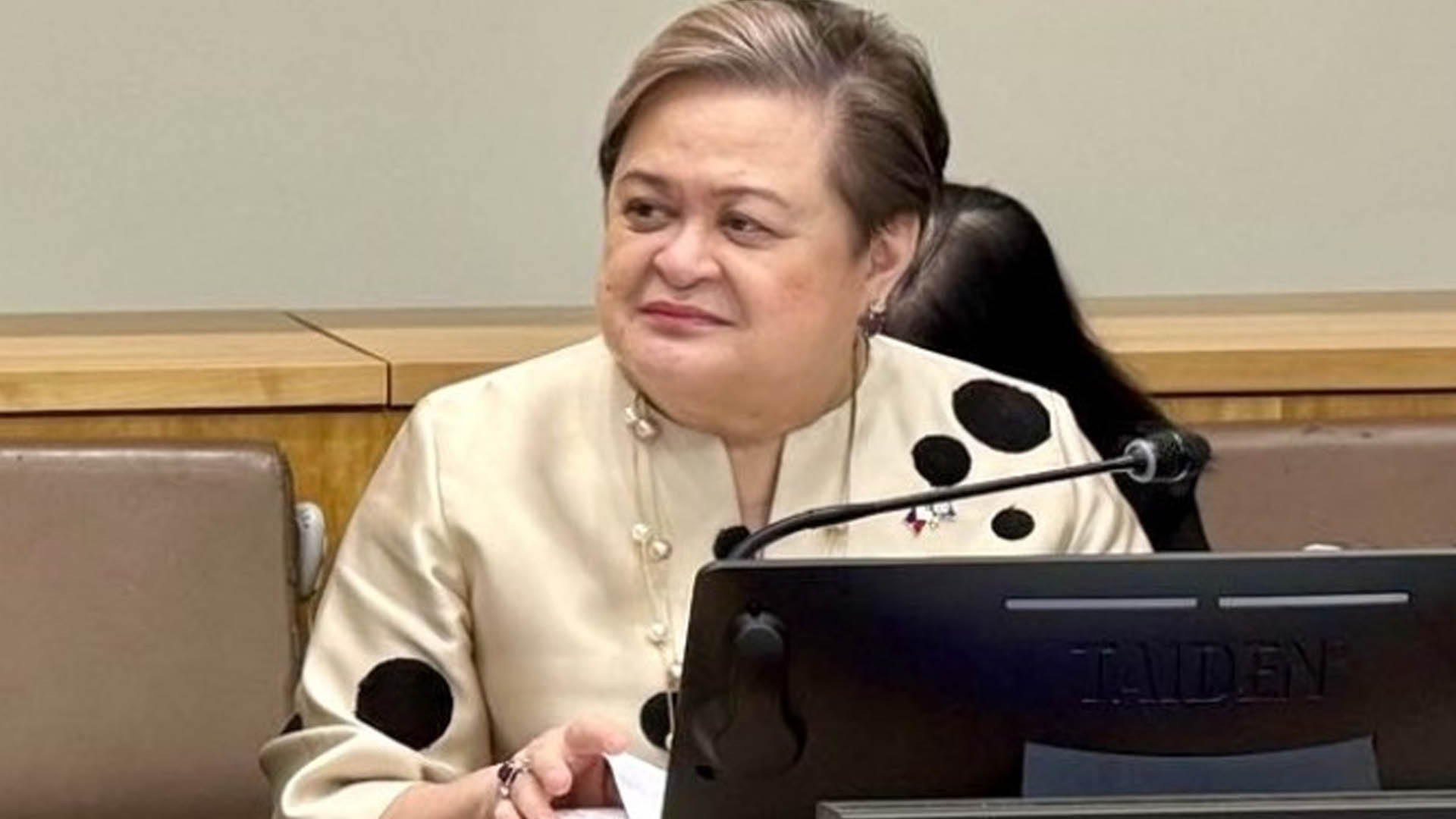The Philippine government has asked states to “stand firmly” behind and scale up financing for the Loss and Damage Fund.
The mechanism is aimed at meeting the urgent needs of vulnerable and developing countries, which bear the irreversible impact of climate change or the so-called “loss and damage.”
Speaking at the High-Level Event on Responding to Loss and Damage during the 80th United Nations General Assembly on Sept. 23, Foreign Affairs Secretary Ma. Theresa Lazaro said losses by states, while experienced locally, “reverberate globally.”
“A flooded field in Asia raises food prices worldwide. A collapsed port in the Caribbean disrupts shipping and insurance markets. A vanished Amazon forest weakens the planet’s capacity to regulate climate for us all,” she said.
From 2000 to 2019, Lazaro said climate events have caused at least USD2.8 trillion in losses, translating to about USD16 million per hour.
“By 2050, annual damages could reach USD3.1 trillion and reduce global incomes by nearly 19 percent, or USD38 trillion a year —far exceeding the USD6 trillion required annually for mitigation,” she said.
“Loss and damage is, therefore, not only a climate issue, but a global economic challenge,” she added.
Lazaro said support must take form in “substantial capitalization and replenishment on a predictable cycle” for the fund.
“The Fund must not revert to the logic of traditional aid. Its Governing Instrument requires innovation and responsiveness, not conditionalities that shift risk back onto the most burdened,” she said.
The Board consists of 26 members from the Conference of the Parties (COP) and Meeting of the Parties to the Paris Agreement (CMA), with 12 members from developed country parties and 14 members from developing country parties.
The Philippines secured a seat on the Board as a permanent representative of the Asia-Pacific Group for 2024 and 2026, and as an alternate representative of the Asia-Pacific Group for 2025.
Lazaro acknowledged the board’s first year in preparing the initial implementation phase, and said it is now up to the member states to ensure that its mandate is “matched with resources.” (PNA)






